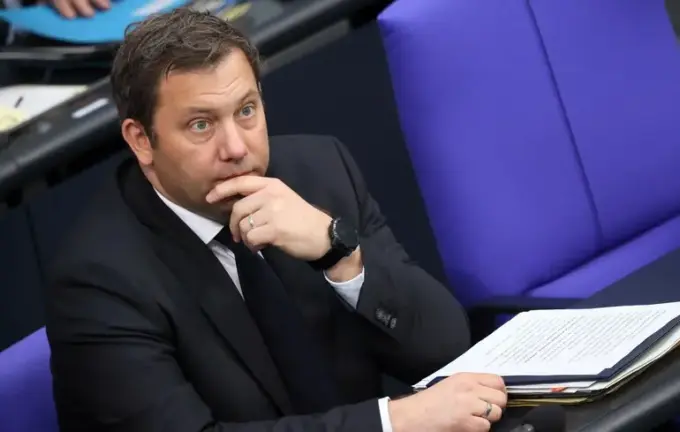Germany Moves Toward Halting Steel Imports from Russia Amid Geopolitical Tensions

Germany is intensifying discussions on the possibility of stopping the import of Russian steel in response to ongoing geopolitical tensions and sanctions pressure.
Vice-Chancellor Lars Klingbeil has called for decisive action, emphasizing the need to completely halt the import of Russian steel products into the country.
According to him, Russian steel billets, which are processed and refined within the EU, remain outside the scope of sanctions, creating unfair competition for German steel plants.
Klingbeil stressed that this situation undermines trust in European unity and fairness in economic policy.
He also stated that, in response to global excess capacities and dumping practices, European patriotism should be strengthened, and domestic steel production — especially high-quality and environmentally friendly steel — should be accelerated to bolster regional industrial capacity.
Additionally, calls have been made to increase the use of locally produced steel in infrastructure and automotive projects, which could positively influence the internal market and reduce dependence on imports from hostile countries.
Data for the first half of 2025 shows that EU countries imported approximately 2.95 million tons of metallurgical raw materials from Russia, totaling over 1.22 billion euros.
While volume increased by 2.7% compared to the same period in 2024, expenditure grew by more than 12%.
The largest importers are Belgium, the Czech Republic, and Denmark, highlighting the crucial role of this industry in Europe’s industrial development and raising concerns over reliance on Russian steel.

